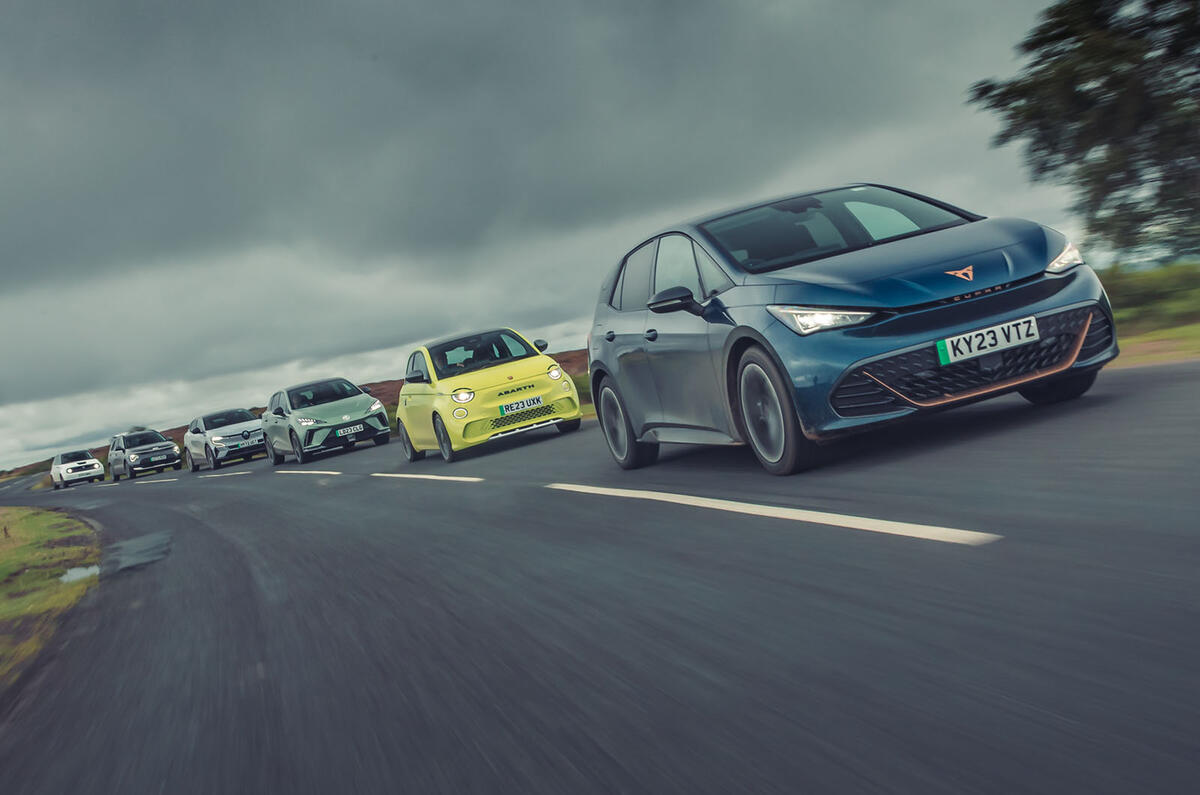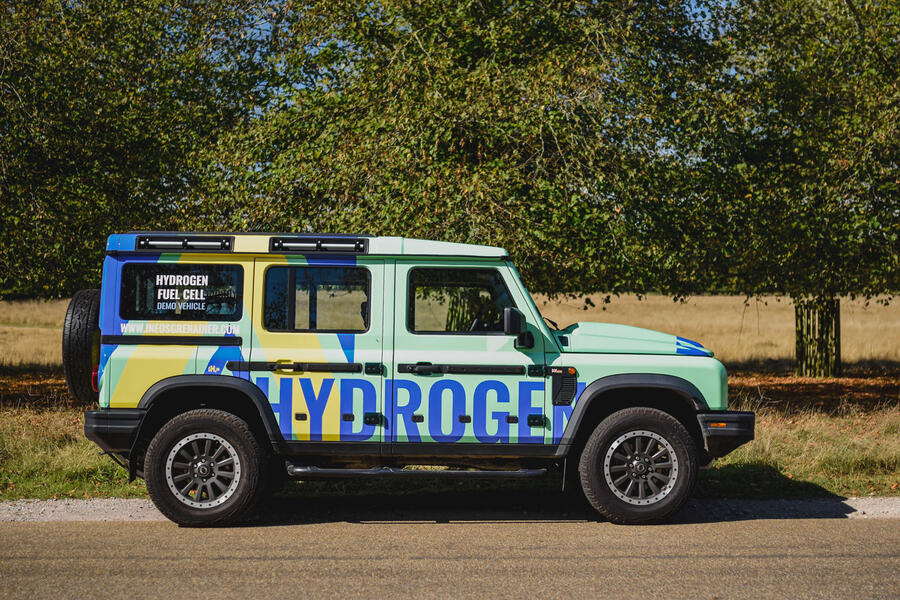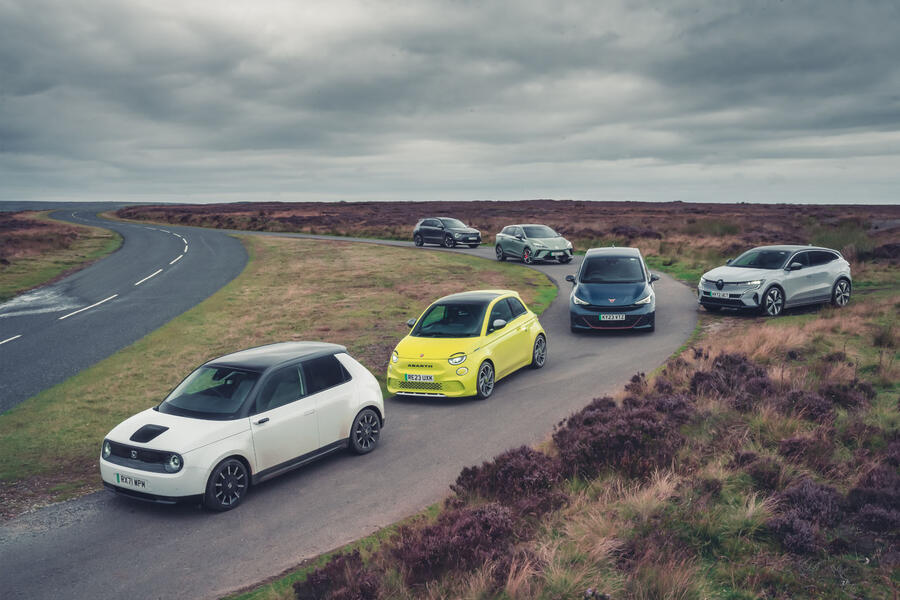The chance to have your say on the future of motoring in the UK ends tomorrow (18 February), when the government closes responses for the consultation on the zero-emission vehicle (ZEV) mandate.
Ever since 2020, when then prime minister Boris Johnson first outlined plans to ban the sale of new non-zero emission cars from 2030 onwards, there has been more confusion than clarity.
Under various subsequent UK governments, the date has moved from 2030 to 2035 and back, and all the while there has been a plan to allow the sale of certain hybrids – although nobody has yet specified exactly which sort. For car firms used to planning years in advance, it has been hugely problematic. For car buyers, this huge dollop of uncertainty has left many unsure what they should buy, or when.
But the current government has promised certainty, with a pledge to reinstate that 2030 date – and while some hybrids will be allowed on sale until 2035, there’s now finally a promise to specify details.
At the same time, the government is looking at refining some aspects of the ZEV mandate, which requires firms to sell an increasing percentage of EVs to avoid punitive fines. With the targets running ahead of consumer demand, it warped the market in 2024.
The first step to clarity is an ongoing government consultation, which seeks feedback on various aspects of the ICE phaseout and ZEV mandate. As we did with the original 2020 consultation (1 July 2020) Autocar feels it is vital to make our voice heard and we have submitted our own response.
We only answered the questions that only related to vans and commercial vehicles, or on other areas where we have no direct expertise. But here is our full response to all the questions that we addressed.
We've outlined how you can have your day at the bottom of this piece.
Part 1: 2030 phase out of new ICE cars, and CO2 requirements for vans
Question 1: Do you agree with the Government’s view that full hybrid and plug-in hybrid technologies only should be considered? Please explain your answer.
Autocar supports the electrification of the UK car parc, both as a way of cutting emissions in our towns and cities and eliminating the CO2 output of cars and vans on UK roads. It is clear to us, and the wider car industry, that these are desirable outcomes. However, there are technologies other than HEV and PHEV that are also low or zero-emission capable at the tailpipe – such as hydrogen fuel cell, hydrogen combustion and synthetic e-fuels. While there are questions about the viability of such technologies, we would support a solution that encourages innovation in different energy sources that might prove viable long-term.
















Join the debate
Add your comment
Very good responses Autocar: I'm impressed.
I think you absolutely hit the nail on the head with your response to question 2 and it is a behaviour that any UK government should apply to regulation. "We would prefer a definition that sets standards, rather than enforcing specific solutions. "
Your responses too questions 9, 10 and 12 about the treatment of small volume manufacturers are also spot on.
Thank you
As Dibble has said, a reasonable and well balanced response. I think I would have tried to emphasise more.
1. A huge barrier to EV take up is the huge disparity between home charging and public use charging. Up to ten times the cost. In poorer high density city neighborhoods this requires a major push to create on street charging or neighborhood overnight parking areas with charging points. Government must legislate and help to create this.
2. If the above cannot be created in time, then we face an extended use of ICE cars at the poorer end of the market. These are probably the most polluting in the UK car fleet and steps to eliminate them using a car scrappage exchange scheme needs extending. Alternatively, use the 2030-2035 period to actively allow sales of cheap (below £20k) cars with low emmisions as permitted exchange vehicles in the scrappage scheme. This gets the fleet average down earlier than a trickle down of more expensive EVs.
3. I agree with your philosophy on small volume manufacturers. I would add a clause to prevent bigger manufacturers creating several new small companies to offload their old engines etc.. into. This would kill the existing ones and their innovation efforts. Surely SPVs come into the same framework, although SPVs which are only minor modifications to existing mass markets vans / cars / 4x4s might need tighter controls. Fire & forestry trucks maybe not.